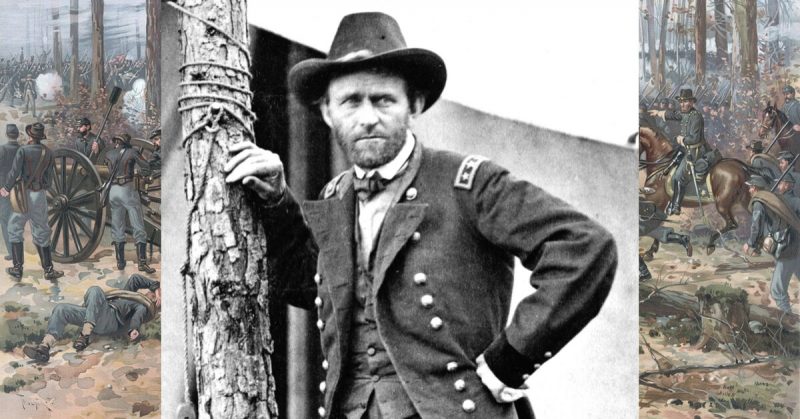An extensive amount of effort has gone into studying the American Civil War. The reasons for the war and its outcome remain hotly debated. The following are nine of the many arguments that have been put forward for why the Confederacy lost.
Gettysburg
The Battle of Gettysburg is one of the most famous tipping points in history. It was the moment at which the Confederacy came closest to victory. Countless alternative history scenarios have revolved around the Confederates having won at Gettysburg and thus achieving independence.
While the defeat at Gettysburg is cited as the reason why the South lost the war, many arguments are provided as to why the Confederates lost that battle.
Some have blamed Robert E. Lee for mismanaging his army. Others blame Jeb Stuart for riding off on a raid and so leaving Lee blind to enemy maneuvers. While these explanations focus on southern failures; there is another view. As George Pickett said when asked why he thought the Confederates had lost at Gettysburg, “I’ve always thought the Yankees had something to do with it.
Resources
The Confederacy was at a disadvantage from the start. The Union had several times more men available to fight and a much larger economy with which to support them. Their economy was geared toward manufacturing, and therefore able to provide war materials.
The Confederacy went into the conflict knowing that would be the case. The Confederate strategy was often defensive to counter that disadvantage, but it made a difference.
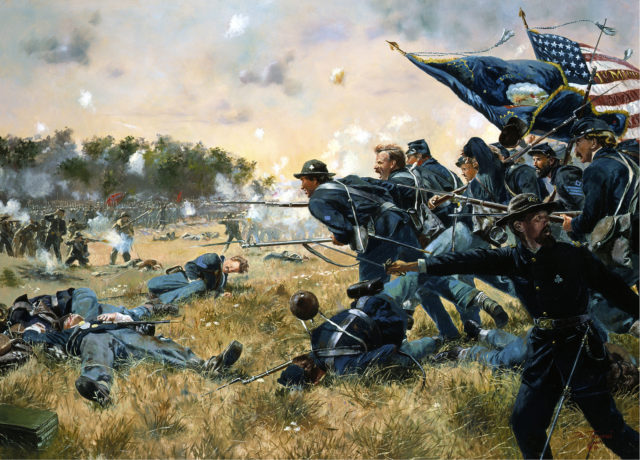
Political Division
One of the founding principles of the Confederacy was the self-determination of individual States. That same spirit of dissent and individualism which lead to the revolt also resulted in conflict within the Confederacy. Politicians opposed such necessities as conscription, war taxes, and martial law.
Governor Joseph E. Brown of Georgia and Governor Zebulon Vance of North Carolina appeared to be more concerned with their own power than the Confederacy. They withheld arms and men from the army so they could strengthen their own State Militias.
Such behavior led historian Frank Owsley to declare that the Confederacy’s tombstone should read “DIED OF STATE RIGHTS.”
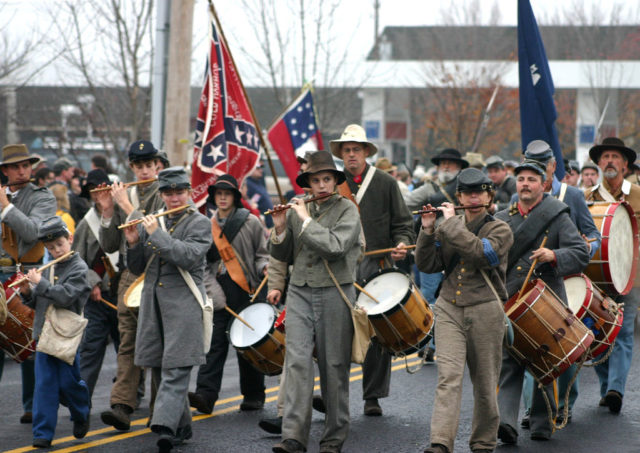
Social Division
As well as political divisions, the Confederacy suffered from social divisions.
One division was between different classes of farmers. The South had a plantation economy, its vast estates run by slave-owning businessmen. It was a society that many others were involved in, through jobs associated with the plantations and their produce.
However, many southerners were small-time yeoman farmers. Their livelihoods were not threatened by movements against slavery within the Union or by an openly anti-slavery president. They had less to lose by being in the Union. Some did not support the war from the start. Others turned against it when faced with taxes, conscription, and failure in battle.
The other vast social division was slavery itself. Two-fifths of the population were slaves, the majority of whom did not support the Confederacy cause. An extensive amount of the populace could not be called upon to fight.
Will to Fight
Historians, such as southerner E. Merton Coulter, have argued the South lacked the will to win. The Confederacy could have won if they had wanted victory enough to keep fighting despite the setbacks.
Whether or not the will to fight was there from the beginning, losses in the war led to a decrease in morale along the way.
Political Leadership
The different characters of those leading the two nations were significant in the war.
Confederate President Jefferson Davis was not a great leader. Stiff and austere, he struggled to manage his subordinates and generals.
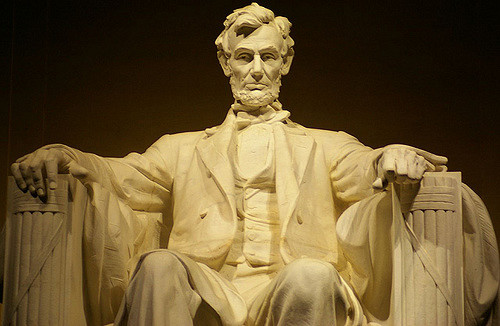
Abraham Lincoln, on the other hand, was an incredibly gifted politician. Warm, charismatic, and humorous, he was good at winning people to his side. He had the flexibility to change tactics and to accept losing arguments if it meant winning the war. His presidency was one of the triggers that initiated the war and was also responsible for the Union victory.
Administrative Leadership
The North developed a much stronger group of governmental leaders. Secretary of War Edwin M. Stanton, Quartermaster General Montgomery Meigs, Assistant Secretary of the Navy Gustavus Fox, and others brought great skill and efficiency to their roles.
The American Civil War was one of the first industrially-driven wars. The flow of supplies and transportation was vital to success. The North managed these systems better and ran a more balanced economy to support them. The Confederacy suffered 9,000% inflation, and troops struggled for supplies.
Generalship
The focus of Civil War historians has tended to be on the war in the east. There, the Confederacy initially had better military leadership in the form of Robert E. Lee.
The focus on the east creates an illusion that Confederate armies were better led. In reality, the Confederates fielded their best commanders in the east, while the Union’s best commanders were in the west.
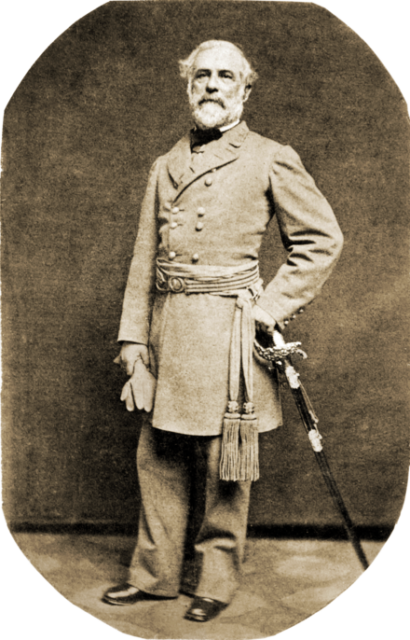
Union Generals Grant and Sherman showed a strategic brilliance that some have argued out-shone Lee. In that interpretation, Lee kept the Confederacy so focused on the east they lost in the west.
Slavery
One of the causes of the war, slavery also influenced its outcome. Abolition had advanced elsewhere in the world making it awkward for European politicians to back the Confederacy. Lincoln’s political maneuvers solidified it, ensuring the South’s lack of support from abroad. By offering freedom, Lincoln raised the first official black unit in the US Army; the 54th Massachusetts.
Many Interpretations
The outcome of the war was decided by a complex mix of factors. How important each one was is a matter of opinion and ever-shifting debate.
Source:
James M. McPherson (1996), Drawn with the Sword: Reflections on the American Civil War.
